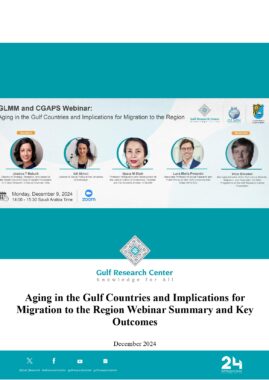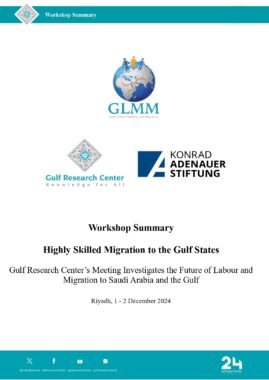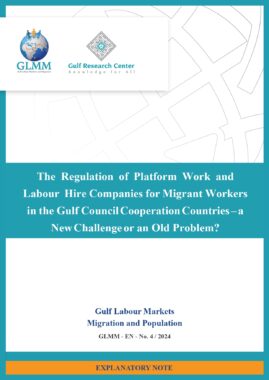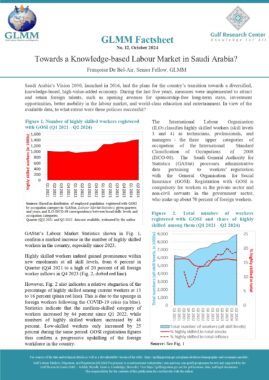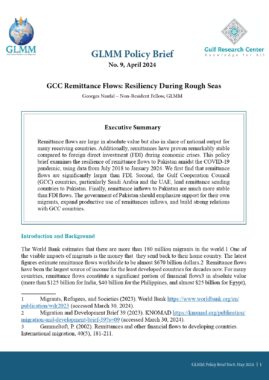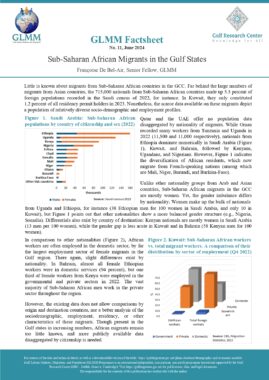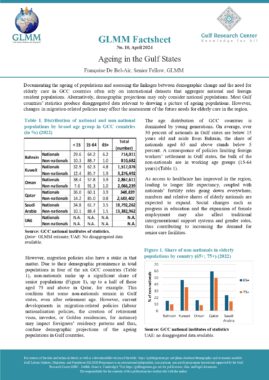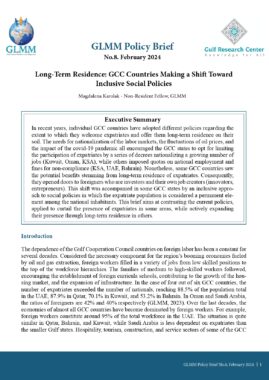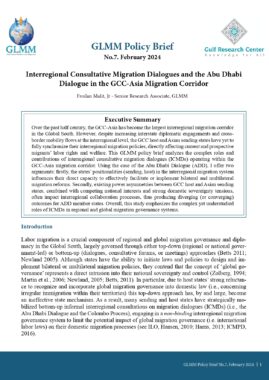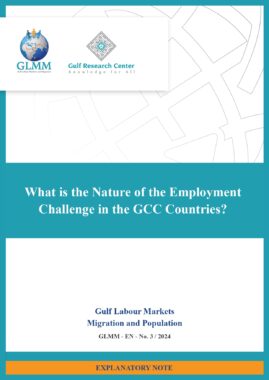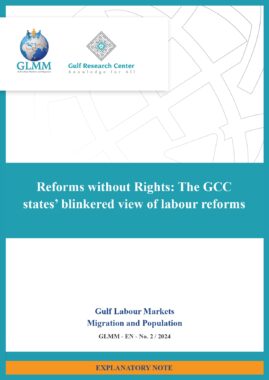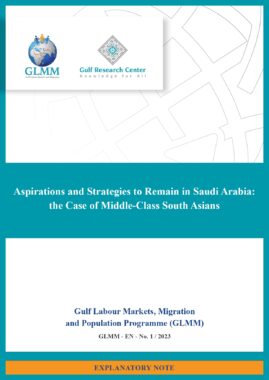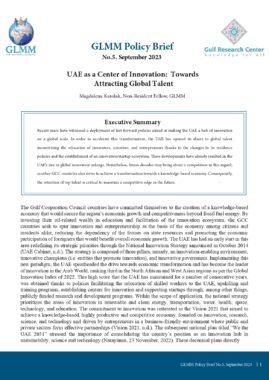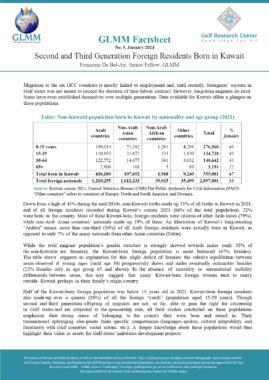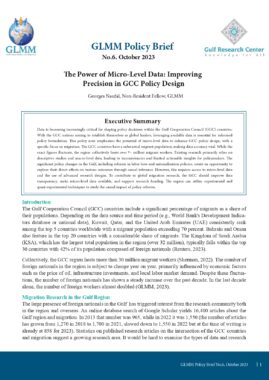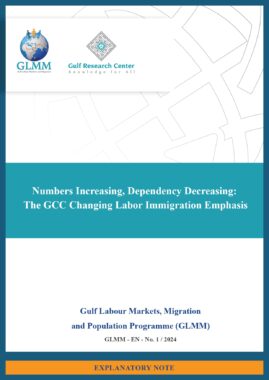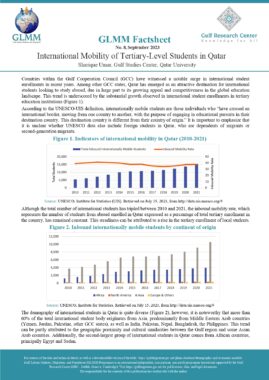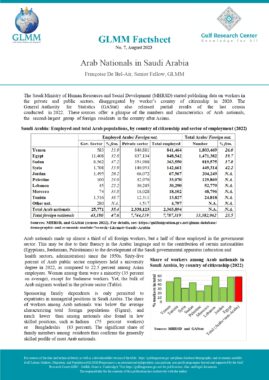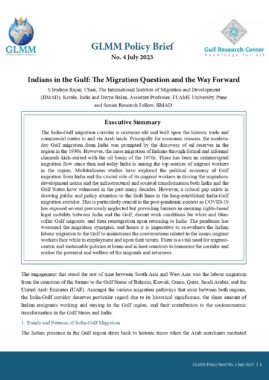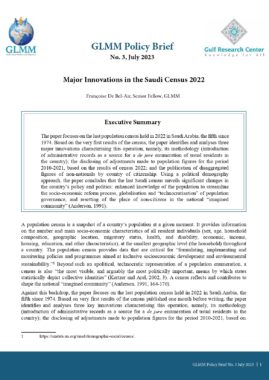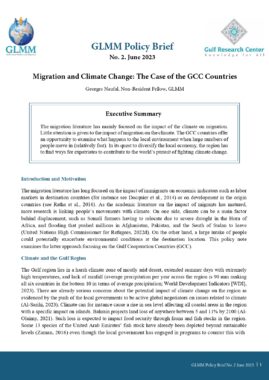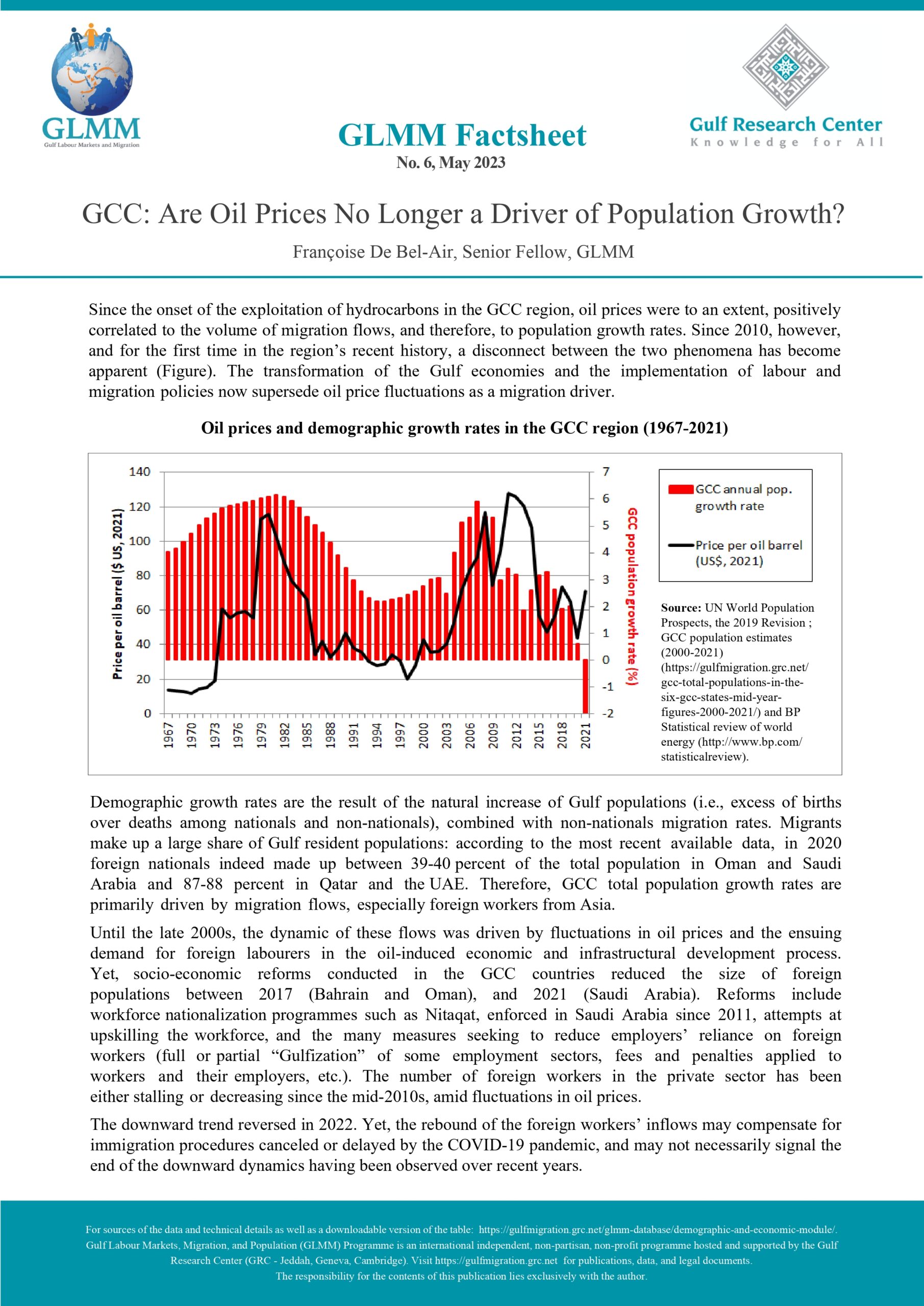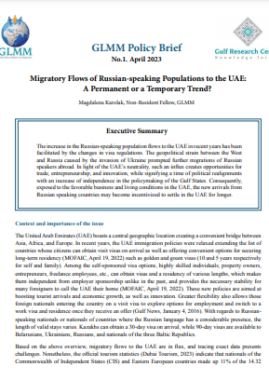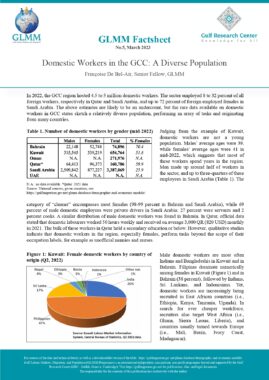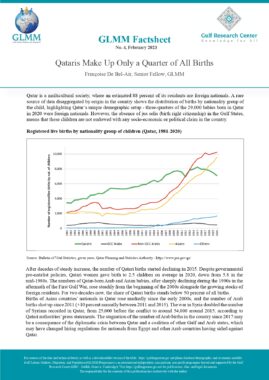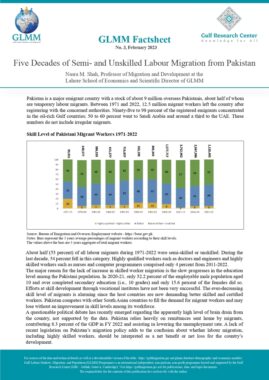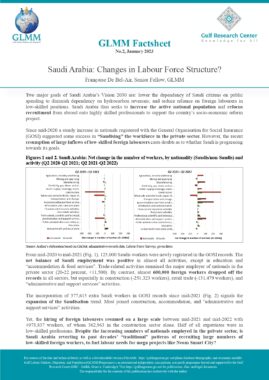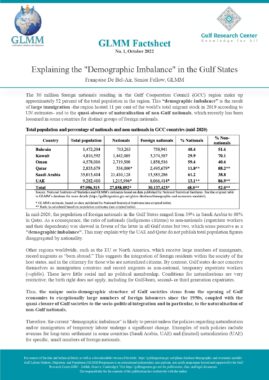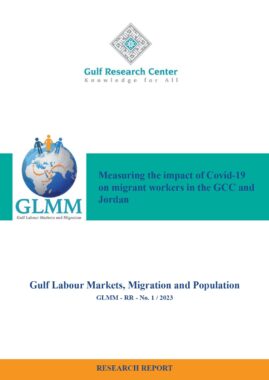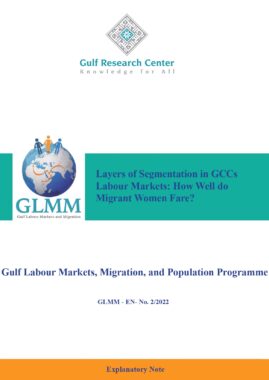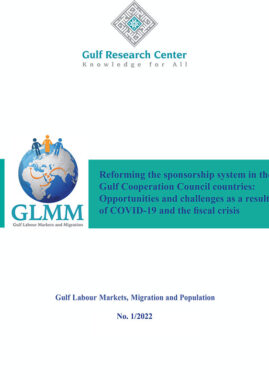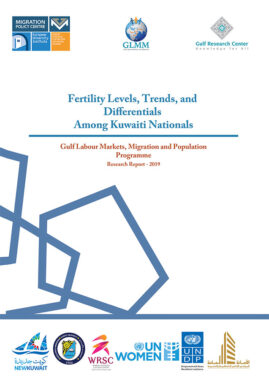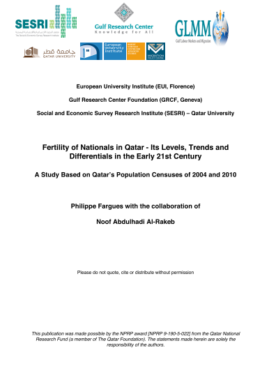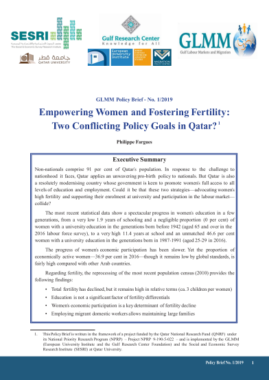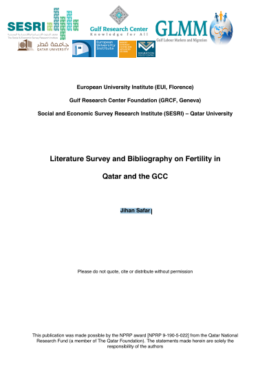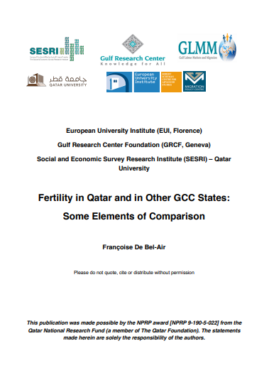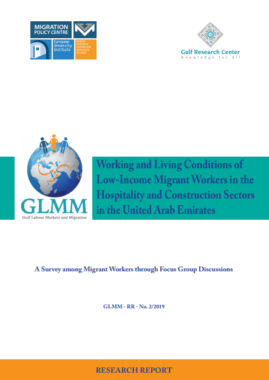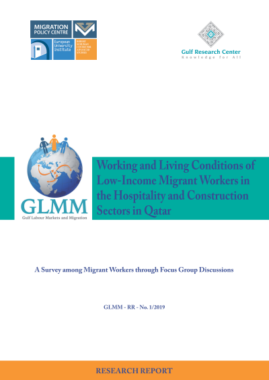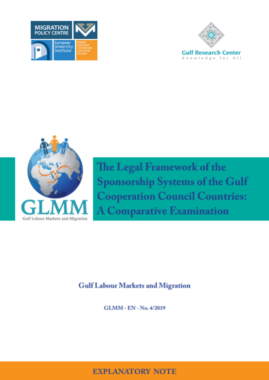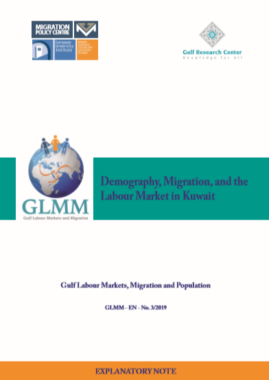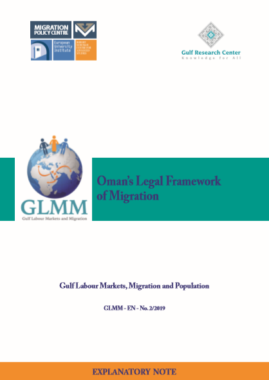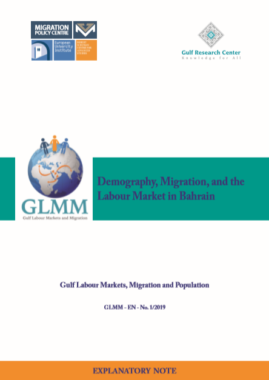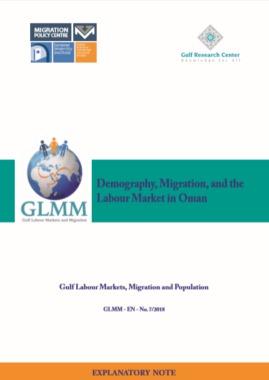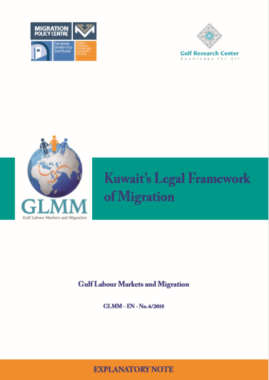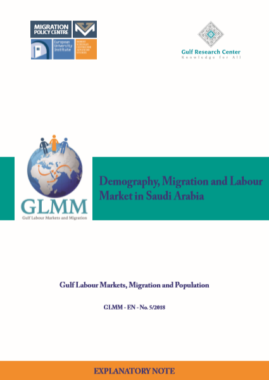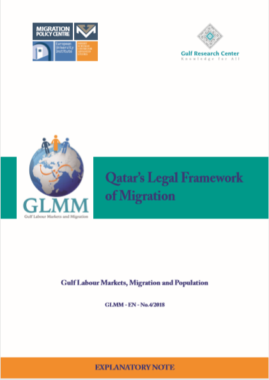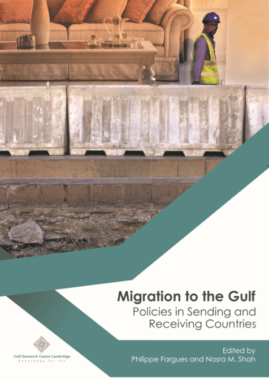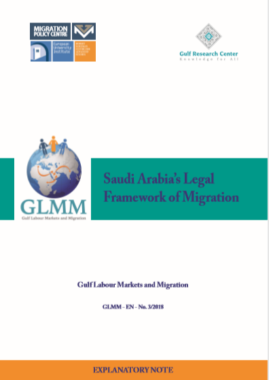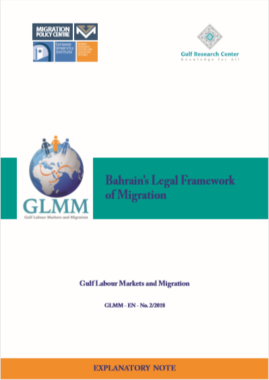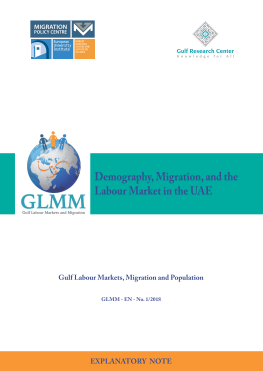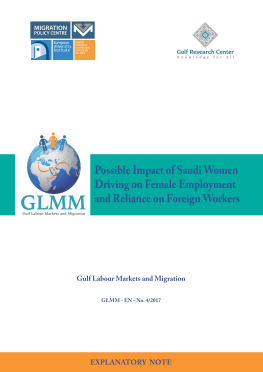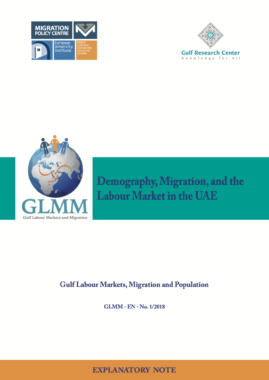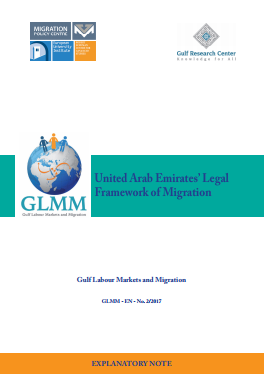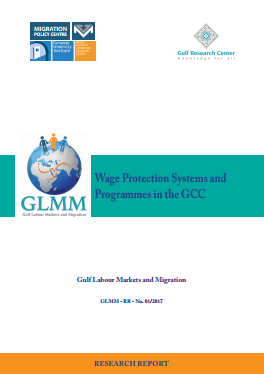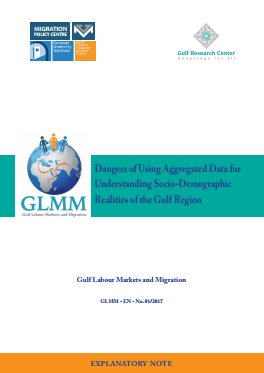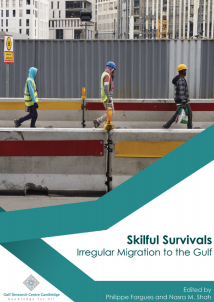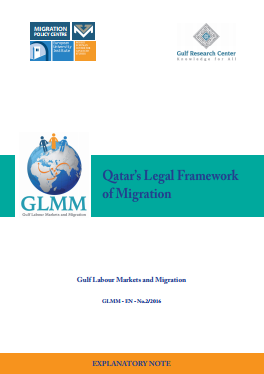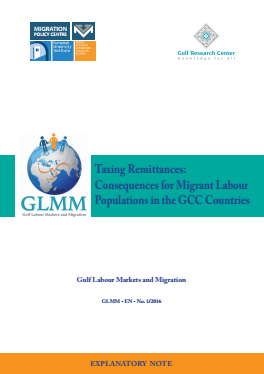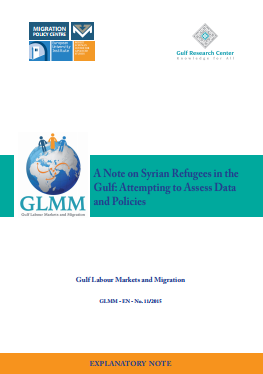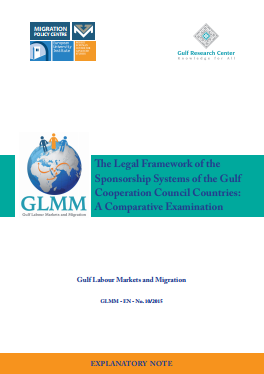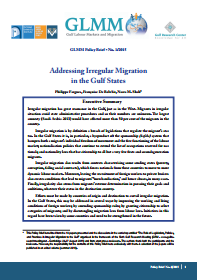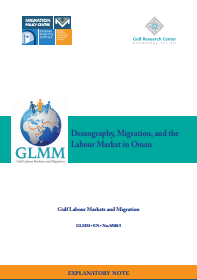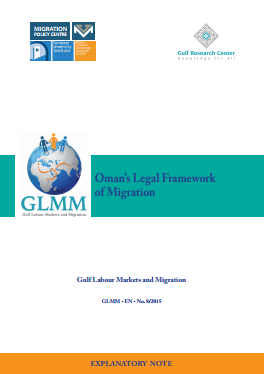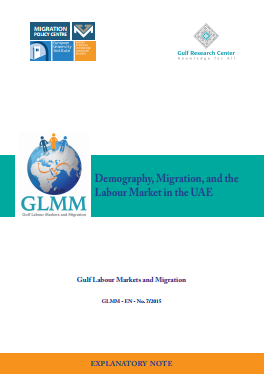Kuwait: Population in Kuwait by nationality (Kuwaiti/ non-Kuwaiti), sex and age group (2021)
| Kuwaitis | Non-Kuwaitis | Total | |||||||
| Males | Females | Total | Males | Females | Total | Males | Females | Total | |
| 0-4 | 83,414 | 79,546 | 162,960 | 56,135 | 53,590 | 109,725 | 139,549 | 133,136 | 272,685 |
| 5-9 | 85,289 | 81,776 | 167,065 | 68,530 | 65,277 | 133,807 | 153,819 | 147,053 | 300,872 |
| 10-14 | 83,776 | 81,356 | 165,132 | 62,186 | 58,970 | 121,156 | 145,962 | 140,326 | 286,288 |
| 15-19 | 75,620 | 73,648 | 149,268 | 47,045 | 43,945 | 90,990 | 122,665 | 117,593 | 240,258 |
| 20-24 | 66,968 | 64,580 | 131,548 | 58,796 | 39,134 | 97,930 | 125,764 | 103,714 | 229,478 |
| 25-29 | 64,791 | 63,924 | 128,715 | 243,517 | 85,211 | 328,728 | 308,308 | 149,135 | 457,443 |
| 30-34 | 53,845 | 56,100 | 109,945 | 304,960 | 131,543 | 436,503 | 358,805 | 187,643 | 546,448 |
| 35-39 | 47,090 | 51,800 | 98,890 | 302,034 | 135,890 | 437,924 | 349,124 | 187,690 | 536,814 |
| 40-44 | 38,634 | 43,752 | 82,386 | 280,044 | 121,228 | 401,272 | 318,678 | 164,980 | 483,658 |
| 45-49 | 33,400 | 38,542 | 71,942 | 205,847 | 92,266 | 298,113 | 239,247 | 130,808 | 370,055 |
| 50-54 | 28,444 | 33,411 | 61,855 | 151,150 | 60,835 | 211,985 | 179,594 | 94,246 | 273,840 |
| 55-59 | 23,497 | 28,108 | 51,605 | 90,286 | 33,874 | 124,160 | 113,783 | 61,982 | 175,765 |
| 60-64 | 16,613 | 21,812 | 38,425 | 40,568 | 16,610 | 57,178 | 57,181 | 38,422 | 95,603 |
| 65-69 | 11,990 | 16,791 | 28,781 | 17,588 | 7,973 | 25,561 | 29,578 | 24,764 | 54,342 |
| 70-74 | 6,822 | 10,791 | 17,613 | 7,371 | 4,275 | 11,646 | 14,193 | 15,066 | 29,259 |
| 75-79 | 4,671 | 6,865 | 11,536 | 3,256 | 2,427 | 5,683 | 7,927 | 9,292 | 17,219 |
| 80-84 | 2,909 | 3,664 | 6,573 | 1,438 | 1,268 | 2,706 | 4,347 | 4,932 | 9,279 |
| 85+ | 1,865 | 2,612 | 4,477 | 877 | 1,057 | 1,934 | 2,742 | 3,669 | 6,411 |
| Total | 729,638 | 759,078 | 1,488,716 | 1,941,628 | 955,373 | 2,897,001 | 2,671,266 | 1,714,451 | 4,385,717 |
Source: PACI
ANNEXED NOTE
- Characteristics of data and definitions
The source of data used here is the Public Authority for Civil Information (PACI), an independent government body in charge of :
1- centralising all population and labour force data in order to manage a fully computerised population register
2- issuing mandatory civil identification cards to every resident of the country, regardless of age and nationality.
Another source of demographic and socioeconomic data on Kuwait is the Central Statistical Office (CSO), operating within the Planning Ministry. The CSO has conducted ten population and housing censuses since its inception in 1957.
Since 1995 a marked discrepancy was witnessed between PACI’s and CSO’s population figures. PACI’s database is connected electronically with other administrations and bodies registering demographic events and professional/ residency issues (births and death; departures and arrivals; end of service, residency and ID deliveries, etc.).
PACI’s records of residents’ movements is thus regularly updated, which limits the risk of population overcount. Therefore, it is more likely that residents were undercounted during CSO- Ministry of Planning’s census operations (see: Shah, N. Population of Kuwait. Structure and Dynamics, Kuwait: Kuwait University Academic Publication Council, 2010, chapter 1).
(a) Kuwaiti: the Kuwaiti nationality rests upon a document of Kuwaiti nationality or a certificate proving Kuwaiti nationality issued by the Ministry of Interior of Kuwait.
(b) Non-Kuwaiti: his/ her nationality is determined by the name of the State which issued the passport. The foreign national also entered Kuwait legally and has a stamp of residence.
This category includes the Bidoon, a category of stateless persons living in the Emirate. Kuwait’s Bidoon population originates from three broad categories:
1) those whose ancestors failed to apply for nationality or lacked necessary documentation at the time of Kuwait’s independence in 1961;
2) those recruited to work in Kuwait’s army or police force during the 1960s who permanently settled in Kuwait, along with their families;
3) children of Kuwaiti mothers and stateless or foreign fathers (see Human Rights Watch. Prisoners of the Past. Kuwaiti Bidun and the Burden of Statelessness, June 2011, p. 3).
(The children of Kuwaiti mothers and non-Kuwaiti fathers (with specific nationality) inherit the father’s nationality. They are stateless if the father is stateless).
- Institution which provides data
The Public Authority for Civil Information (PACI)
- Period of data coverage: 31 December
The database is updated twice a year and the website presents only the most recent data.
- Data availability
The statistics section of PACI’s website (http://www.paci.gov.kw/en/ (English); http://www.paci.gov.kw/ (Arabic)) provides population and socio-economic data broken down by nationality (Kuwaiti/ non-Kuwaiti). Some data are displayed by nationality groups.
Analytical tables and data crosstabulations are available for download in PDF, html, .png and Excel (.csv) formats.
PACI website has been inaccessible from outside Kuwait since 2019.
Last date of access: September 2022.
GLMM and GRC cannot guarantee that the link to access the source will not change; that the information will not be removed from the website it was obtained from; that no geo-blockages will be imposed; or that the information will not be available for any another reason.
Similar Posts:
- Kuwait: Population by nationality (Kuwaiti/ non-Kuwaiti), sex and age group (December 2013)
- POP 3.1 Kuwait: Population aged 10 and above by nationality (Kuwaiti/ non-Kuwaiti), sex and highest education level reached (December 2016)
- Kuwait: Population aged 15 and above by nationality (Kuwaiti/ non-Kuwaiti), sex, age group and marital status (2013)
- Kuwait: Population aged 10 and above by nationality (Kuwaiti/ non-Kuwaiti), sex and highest education level reached (December 2014)
- Kuwait: Population by nationality (Kuwaiti/ non-Kuwaiti), place of birth (in Kuwait/ outside Kuwait) and age group (2013)














